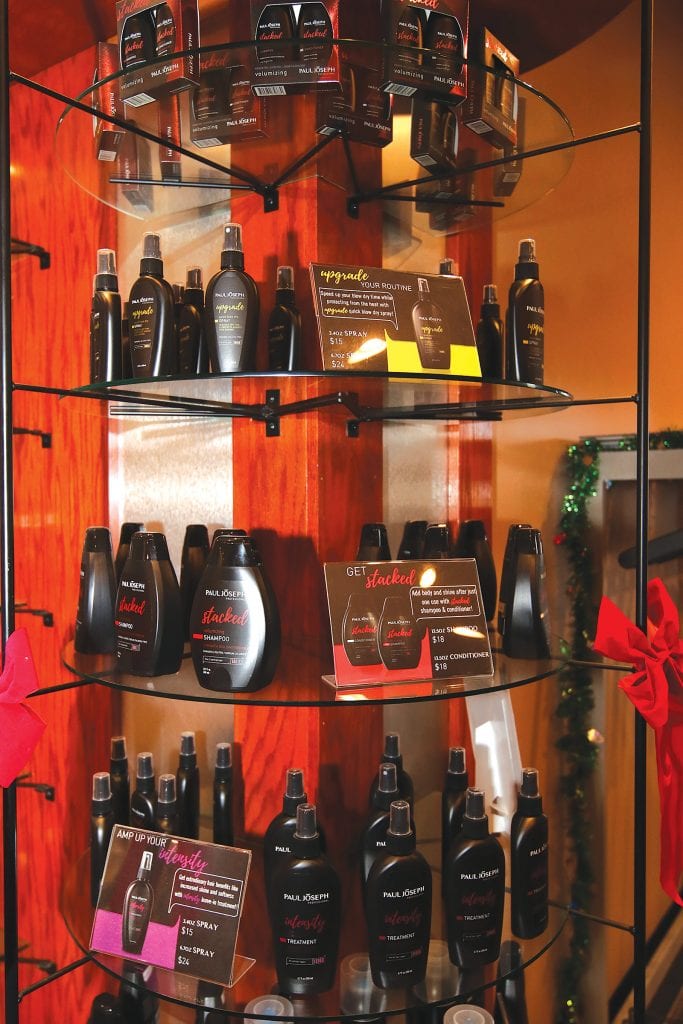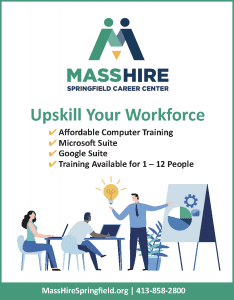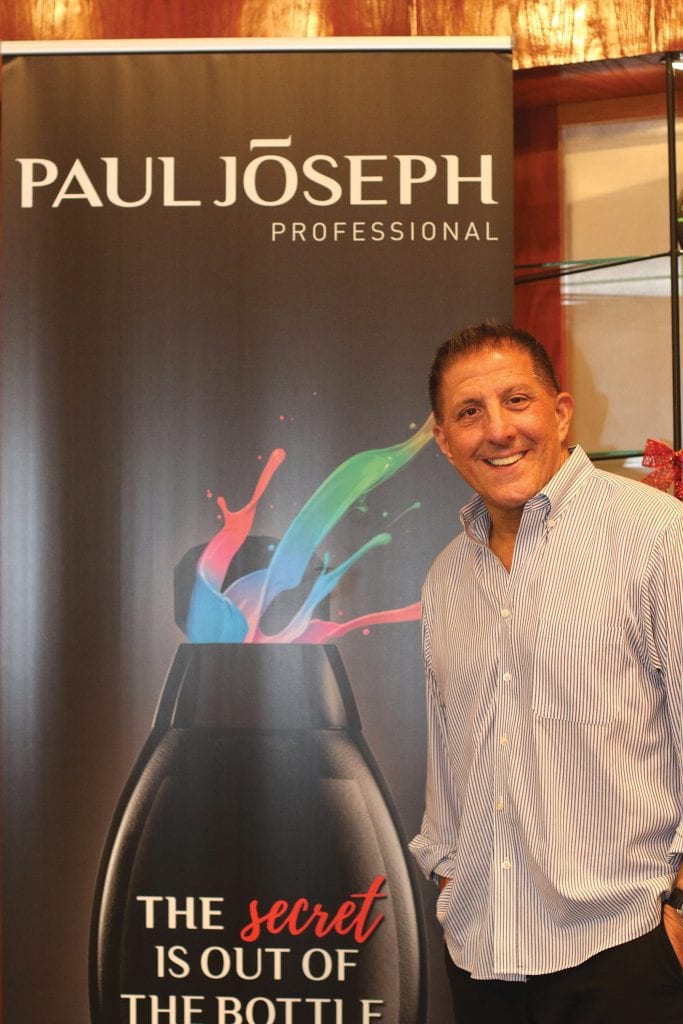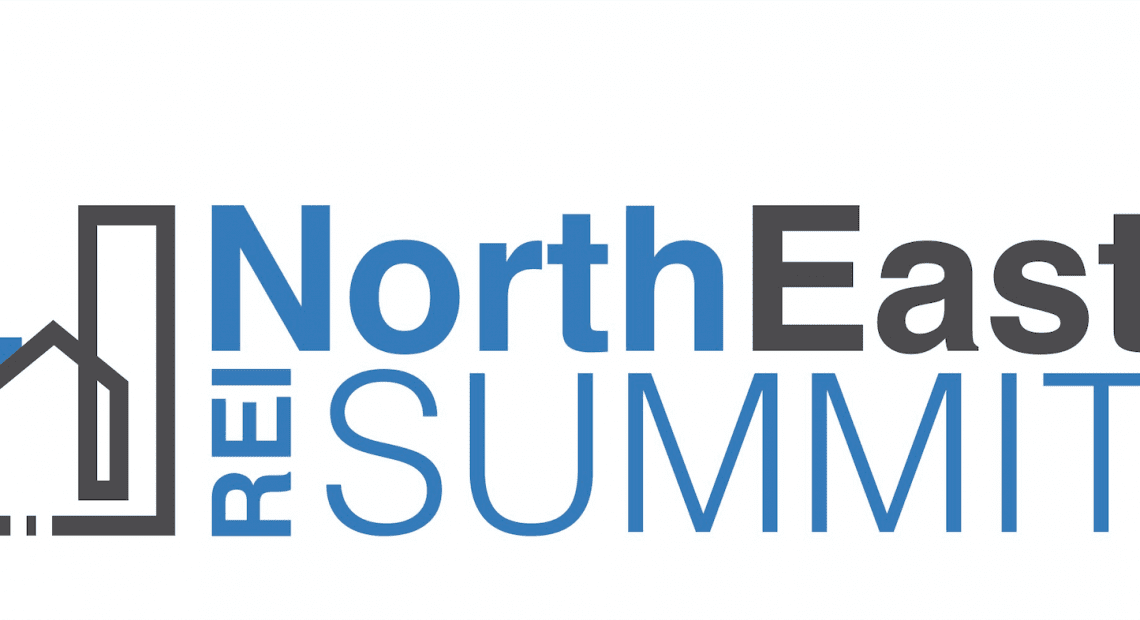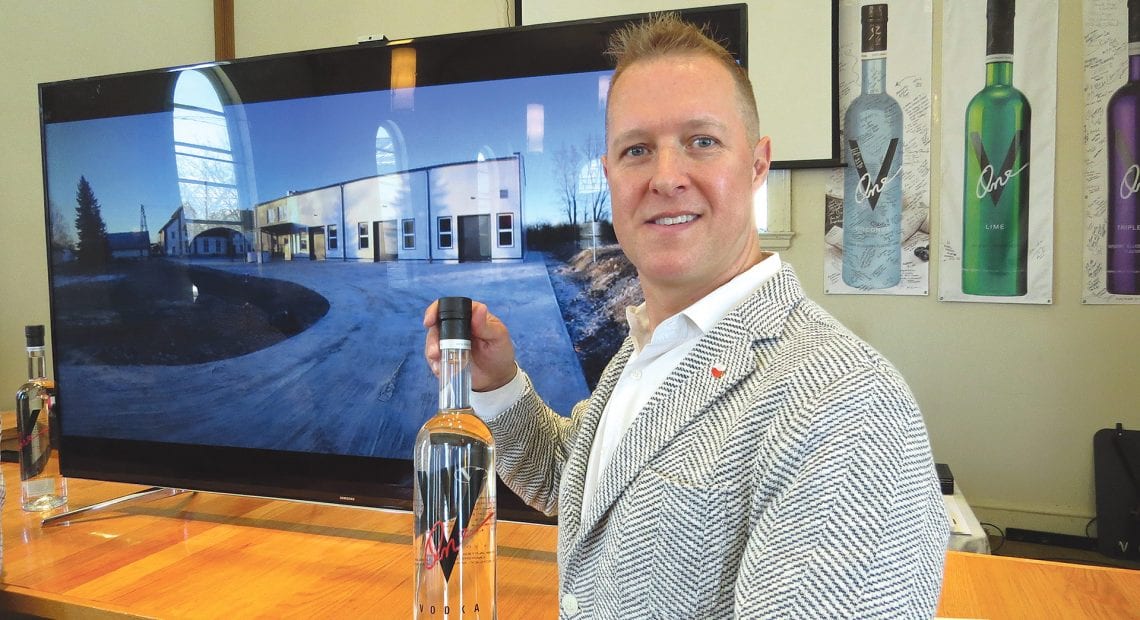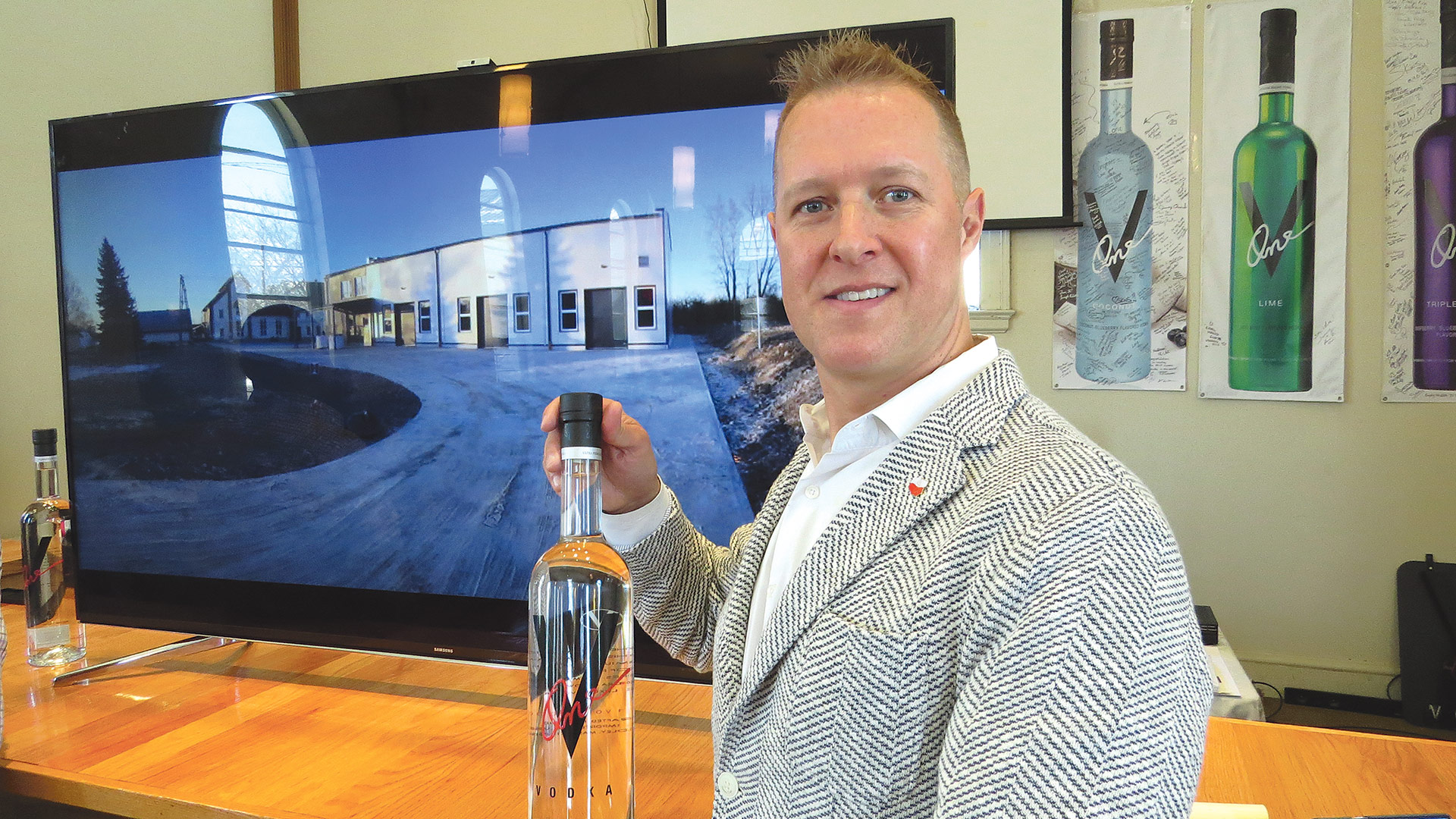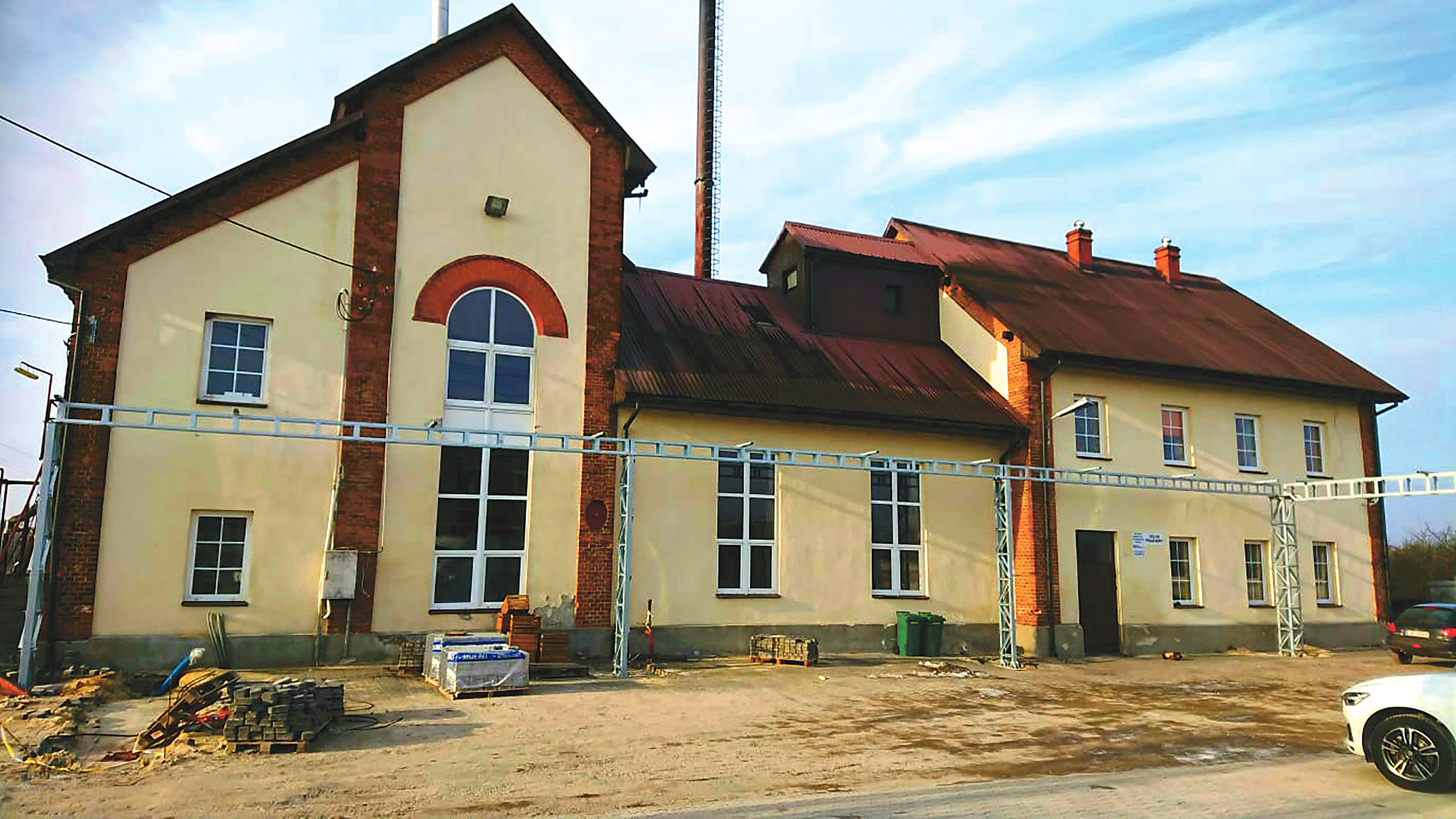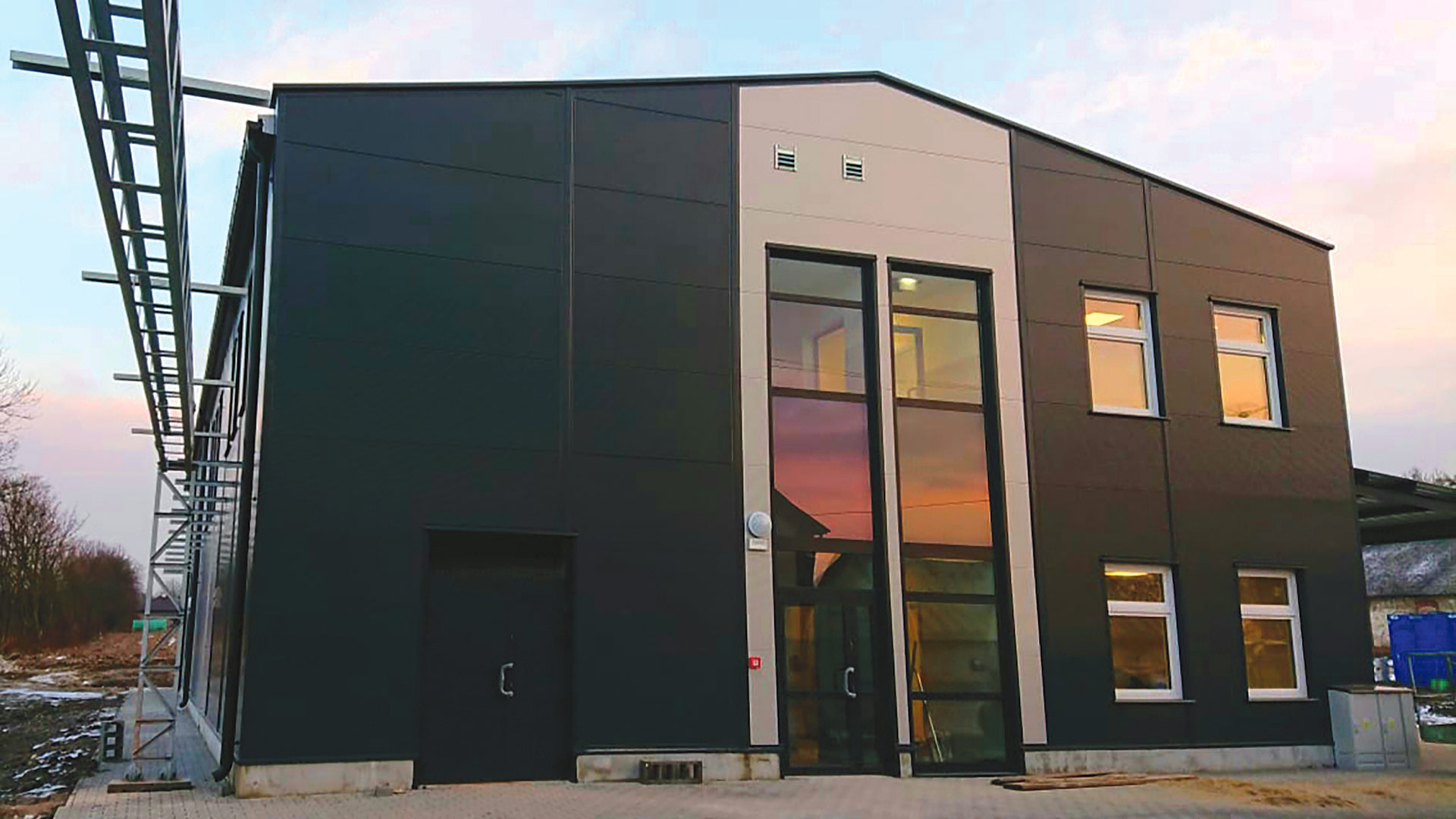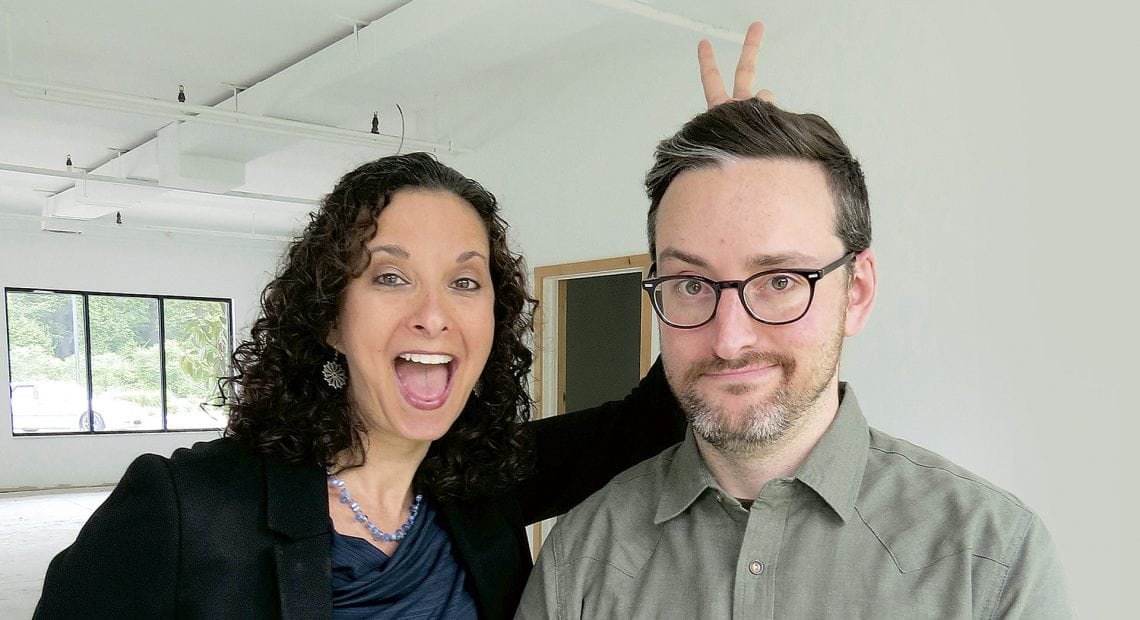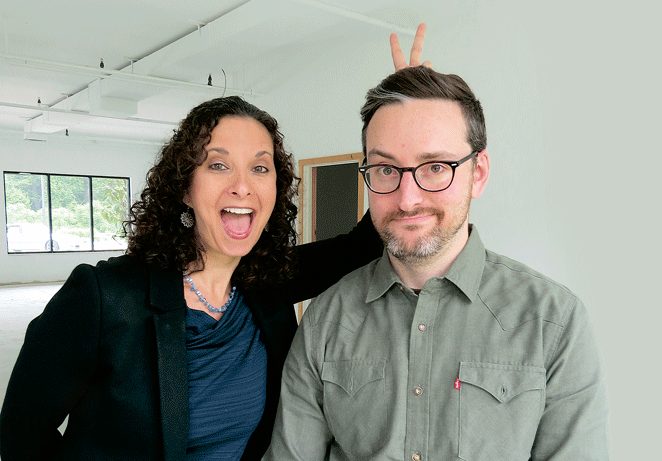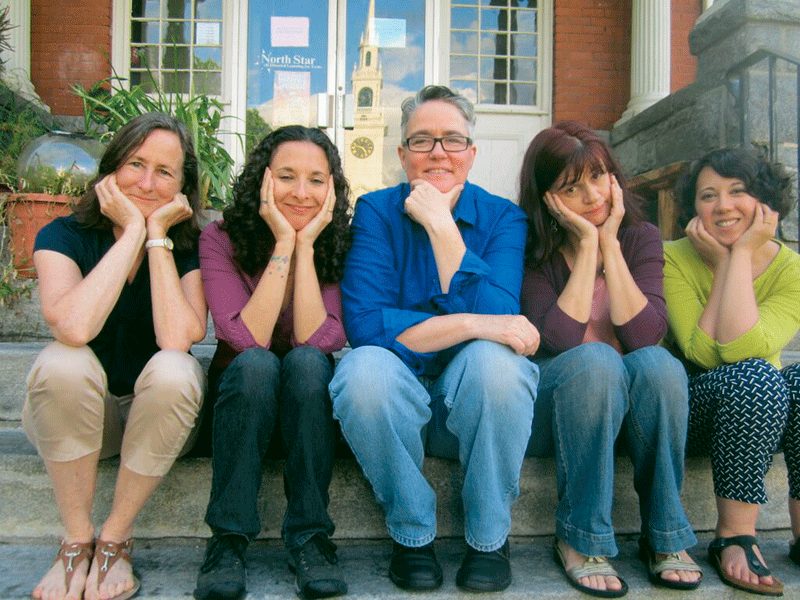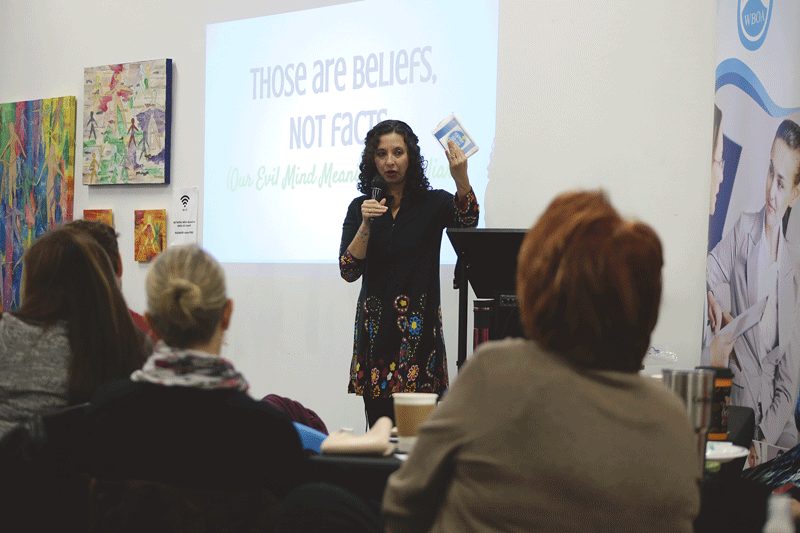From the Grounds Up
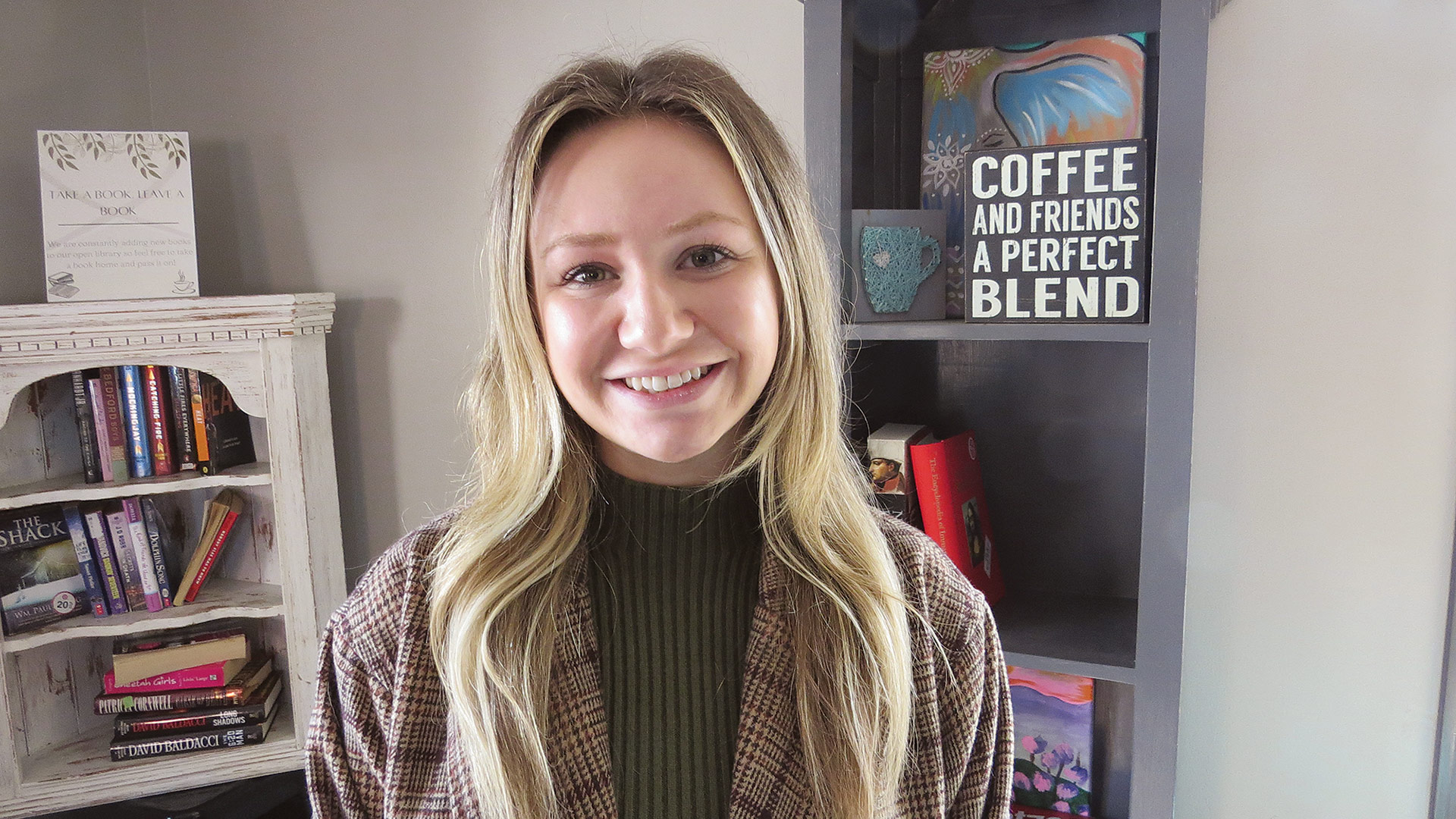
Hayley Procon entered college with the goal of one day getting into broadcast journalism.
In fact, her ambition was to be the “next Erin Andrews,” as she put it, referencing the well-known sideline reporter for FOX on its NFL broadcasts.
“I loved baseball, and I still love baseball; I just wanted to be on the sideline for the Red Sox,” she told BusinessWest, adding that it wasn’t long after arriving at Suffolk University in Boston that she realized that this wasn’t a realistic, or even desirable, goal.
And upon transferring to Springfield College, she would set a new goal — to be her own boss.
“I definitely didn’t want to work for someone else,” she explained, with a note of extreme confidence in her voice. “I didn’t want to put in the work and put in the effort and see someone else basically reap the benefits; I don’t want to work hard for someone else’s success.”
She kept pursuing that goal and made it reality in what would be called a joint venture with her mother, Kristen Procon. Together, they acquired an established business, Common Grounds, a coffee shop on busy Boston Road in Wilbraham, while she was still in college — a venture for which she would win the Spirit Award from the Harold Grinspoon Foundation.
“I definitely didn’t want to work for someone else. I didn’t want to put in the work and put in the effort and see someone else basically reap the benefits; I don’t want to work hard for someone else’s success.”
Together, the partners made a few subtle changes, building on an existing foundation, and have built on that success story. While doing so, though, they have taken things to a different level, becoming serial entrepreneurs with the opening of Aura Day Spa in Ludlow, a new venture they have taken from the ground up — as opposed to the grounds up with the coffee shop.
As she talked about these ventures, Procon used many of the words and phrases summoned by others profiled over the years in BusinessWest’s Women in Business sections. She said her work has been fun and rewarding, but also challenging and, at times, a little frightening.
In the end, though, she has no second thoughts about the entrepreneurial path she has chosen because she’s ultimately doing what she set out to do back in college — put her name over the door, figuratively if not literally, and sign the front of the paycheck, not the back.
“I really enjoy it,” she said of the entrepreneur’s life. “There are some days when I wish I did the 9-to-5 and went to work for someone else, but I don’t think I would have been happy in the long run.”
Bean Entrepreneurial
Procon told BusinessWest that she’d been coming to Common Grounds, a popular spot in the back of a large office and retail plaza on Boston Road, when she was in high school.
The business came onto the market in September 2020 — yes, the height of the pandemic — and, despite the many challenges facing all businesses at that time, but especially those in the broad hospitality sector, Hayley and her mother decided to take the plunge.
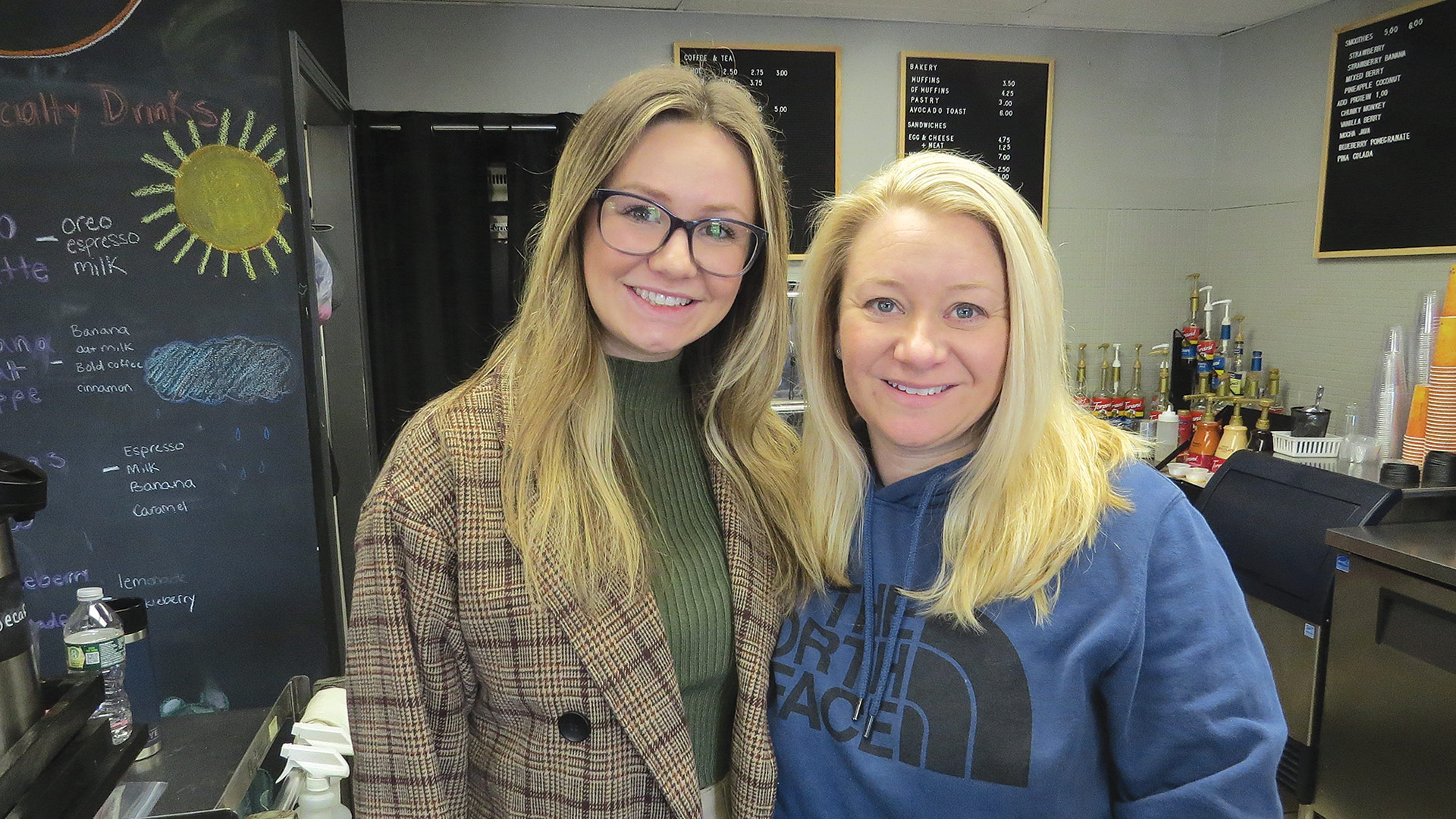
Haley Procon and her business partner and mother, Kristen Procon, have become true serial entrepreneurs, starting with Common Grounds and then opening Aura Day Spa.
“It was COVID, and everything was still pretty weird,” she recalled, using that word to sum up a time when many consumers were still hunkering down, college students like herself (she was just starting her senior year) were mostly taking courses remotely, and those in hospitality were managing day to day. “We found out it was for sale, we walked in, we sat down with the owner, and we bought it a month later.”
As noted earlier, the two partners took the existing, and fairly successful, business and made some minor but important tweaks, including adjustments to the menu, changing some furniture, extending the hours of operation, and, perhaps most importantly, opening on Sundays.
“Sunday is a good coffee day, a good breakfast day,” Procon said. “But overall, this place has been running great, and we wanted to keep the same vibe; we have a lot of great regulars, and we have great work-of-mouth.”
She said the business draws heavily from the plaza it’s located in, as well as the massive Post Office Park, home to a YMCA and dozens of businesses large and small, just down the street.
While she’s managing her own business, this is certainly not what she was thinking about when she was in college and planning and plotting to work for herself one day — and soon.
“I never thought I’d own a coffee shop … I’ve never worked with coffee before, and I figured, ‘how hard can it be?’” Procon asked rhetorically, before answering the question by saying that every business, even an existing one with a core of loyal customers, comes with a complete set of challenges.
“I just loved the idea of having a spa and building from scratch. My hobby is building; I like taking things from the ground up and just expanding from there. Seeing it from start to finish is something I really wanted to do.”
She said the partners split up the duties of running the business, with her mother handling most of the accounting and bookkeeping responsibilities while she tackles marketing, social media, and many of the day-to-day operations.
It’s a juggling act that was taken to a much higher plane when the two decided to double down, if you will, and take entrepreneurial plunge, this time with a new business, a spa they opened in Ludlow last September called Aura Day Spa.
Unlike Common Grounds, this was something that she aspired to do and has been thinking about for some time now.
“A spa has always been a dream of mine,” she said. “And when we realized how well we did with this place [Common Grounds] and how well we worked together, we kind of looked at each other and said, ‘let’s try to open a spa.’
“Neither one of us is in the cosmetology industry; we don’t do any of the services,” she went on. “But I just loved the idea of having a spa and building from scratch. My hobby is building; I like taking things from the ground up and just expanding from there. Seeing it from start to finish is something I really wanted to do.”
Having a dream and making it a reality are two different things, she acknowledged, adding that she did extensive research into everything from where her spa concept might work (Ludlow was quickly identified as a community in need of such a facility) to what types of services should be offered.
“I was all over the internet looking at spas; I went around here looking at spas, and just pieced together how ours would run,” she told BusinessWest. “We have no experience in the industry, but we did our homework, and here we are.”
That due diligence led to a former dance studio on Holyoke Street that the partners gutted and converted to a facility offering everything from facials to massage; body contouring to a sauna.
The venture is off to a solid start that Procon credits to hiring the right people to provide those services, some aggressive efforts to get the word out about the facility, and continued work researching the industry with an eye toward best practices and the best avenues for achieving results.
“I’m always looking at other places — East Coast, West Coast, just seeing what other places are doing and how to stay up to date in the industry and what we can add,” she said. “I just like to stay on top of all that and find new ways to bring people and add more services.”
Procon dares to ponder where this venture might go next and perhaps the possibility of opening several Aura spas. For now, though, she and her mother have their hands more than full managing these two businesses, as well as the ups and downs and emotional swings that are part of parcel to being business owners.
“It’s a grind,” she said, borrowing another term, sort of, from her coffee-shop business. “I love the idea of being a business owner, and everything falls on you at that point; I just knew that this is exactly what I wanted.
“I realize that the more I put into it, the more I’ll get out of it,” she went on. “I’m excited to get to that point — I know it will take a few years, but we’ll get there.”
Skin in the Game
When asked about the path she’s chosen and what she likes about being an entrepreneur, Procon said this life offers her everything she wanted and expected. Well, sort of.
“I like the freedom that it offers,” she explained. “I have very little right now — I’m tied to both of these places for quite a long time, but just being able to show people what we did and what we started and what our goals are, it’s really rewarding, knowing that I’m in here most mornings at 5:30 and then go over to the spa. Some people call me crazy, but it’s very rewarding.”
It is certainly that, and the woman who wanted to be the next Erin Andrews found something much better.



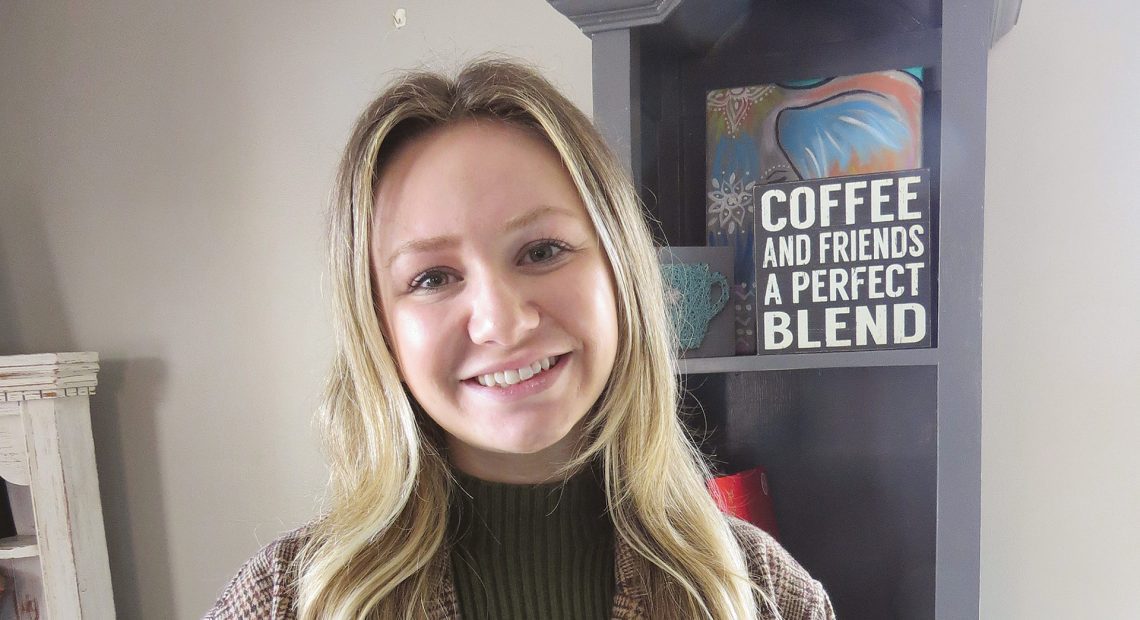
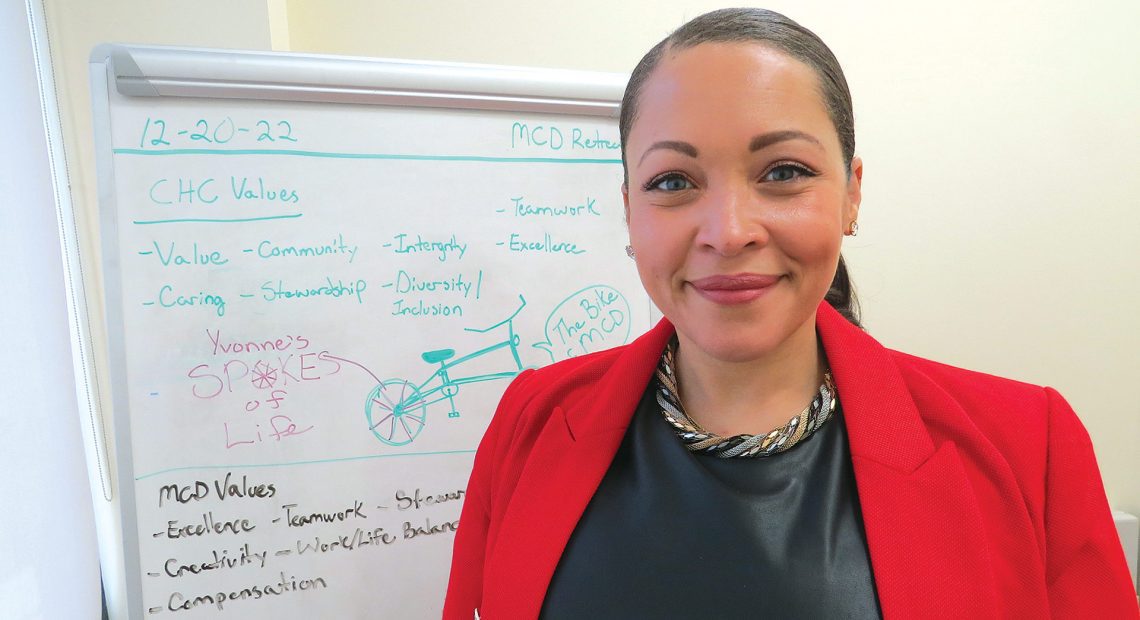
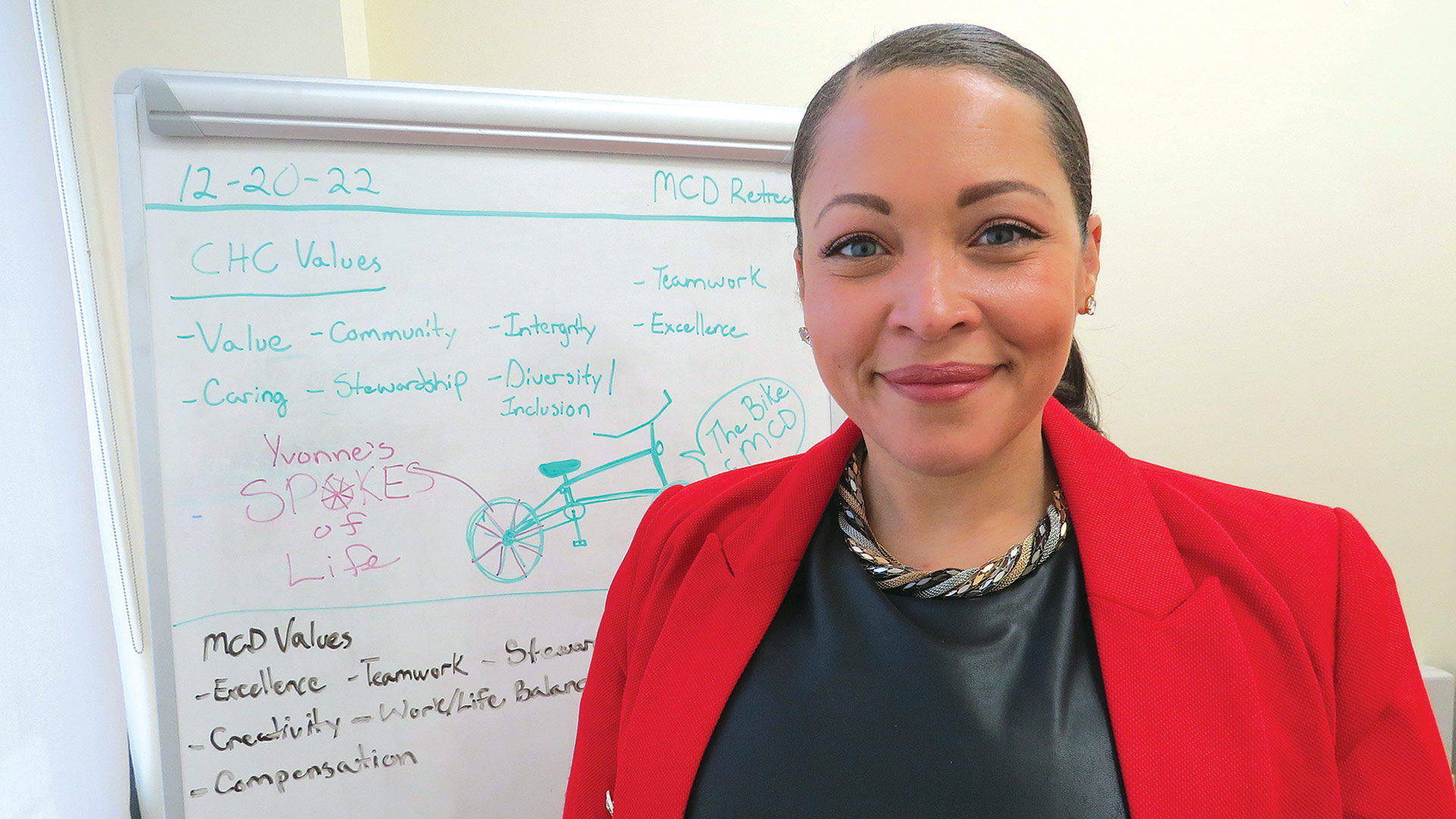
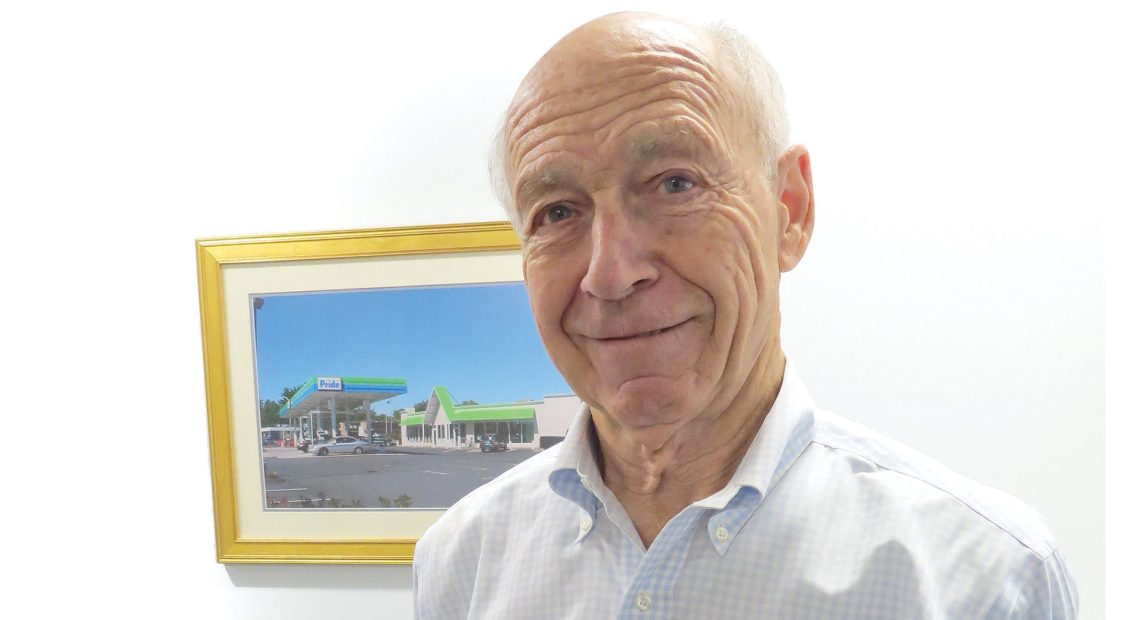
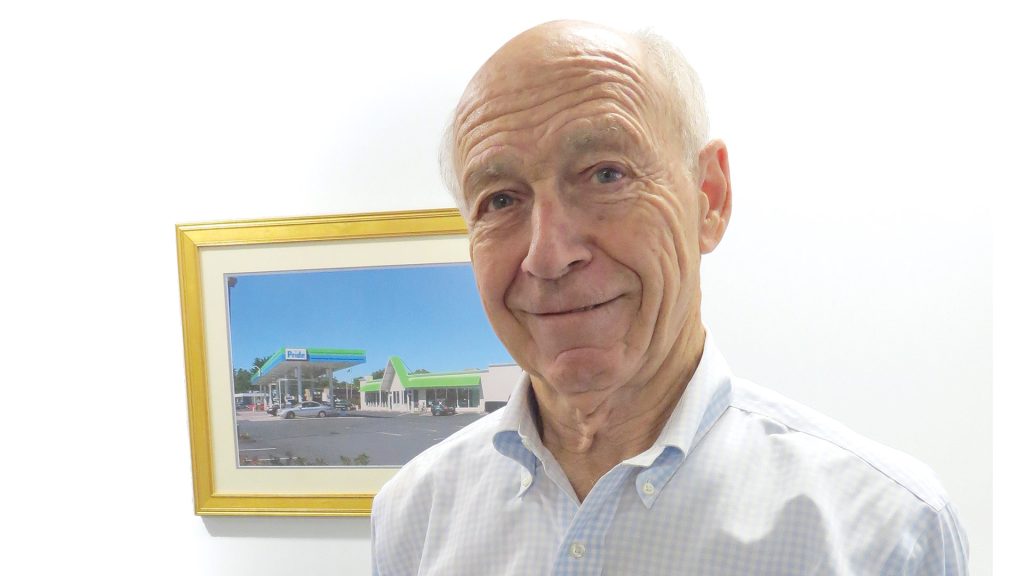
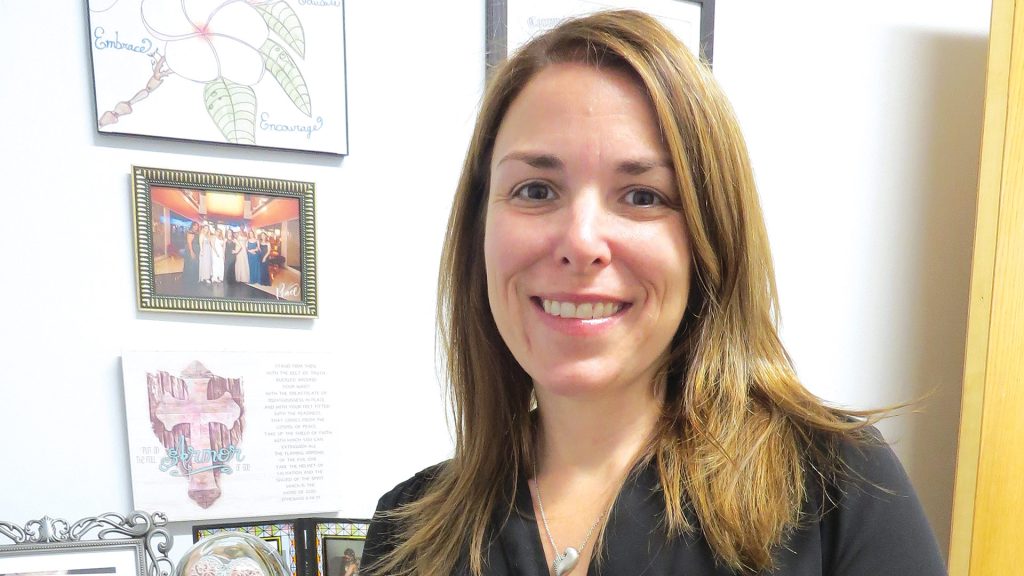

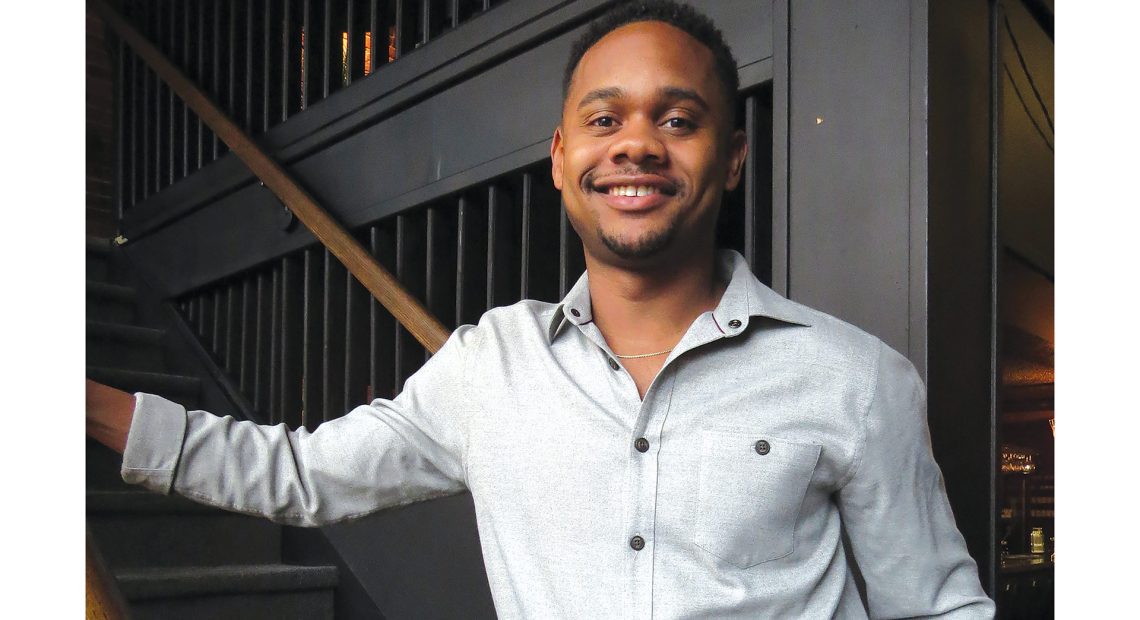
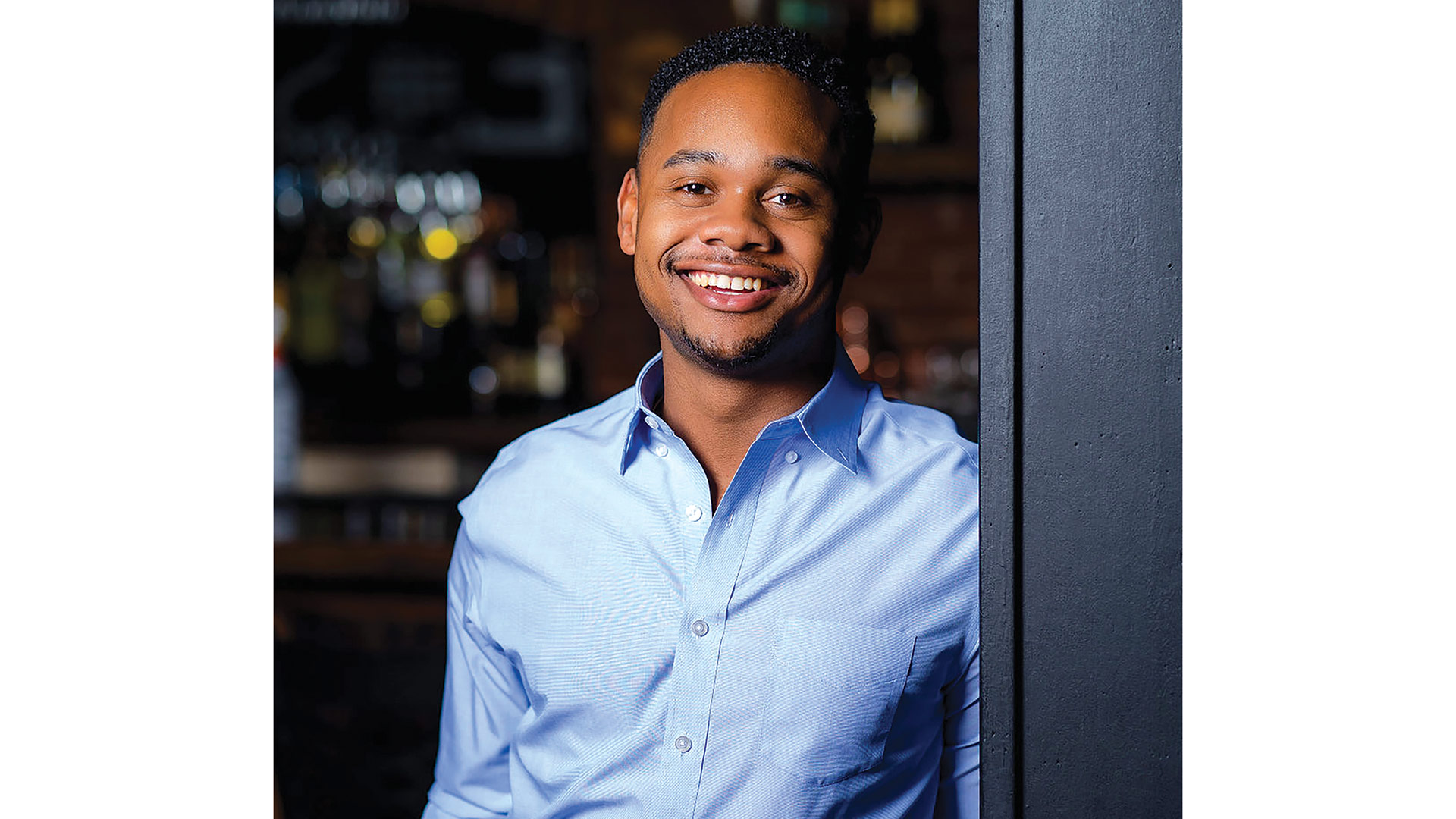
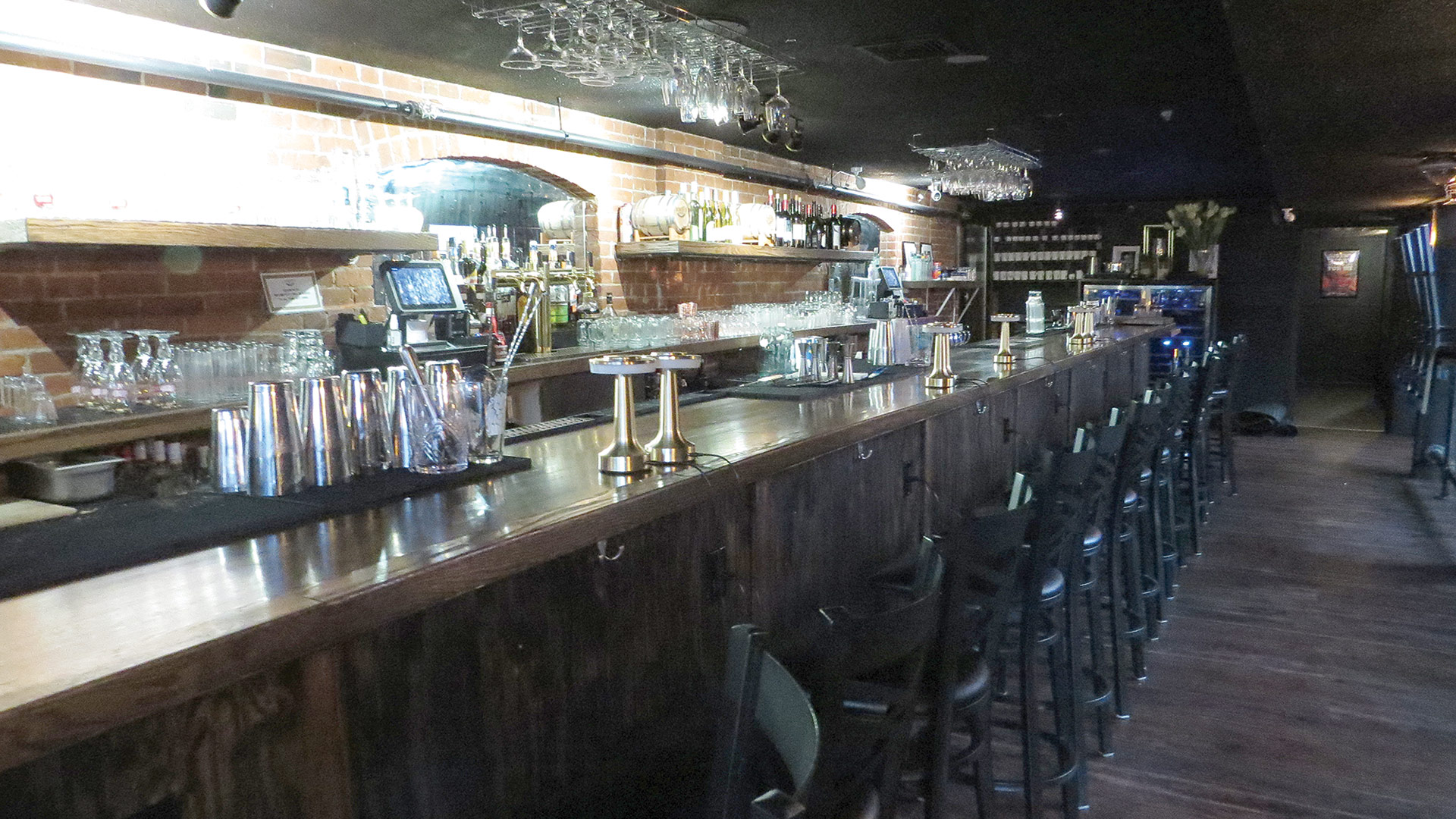

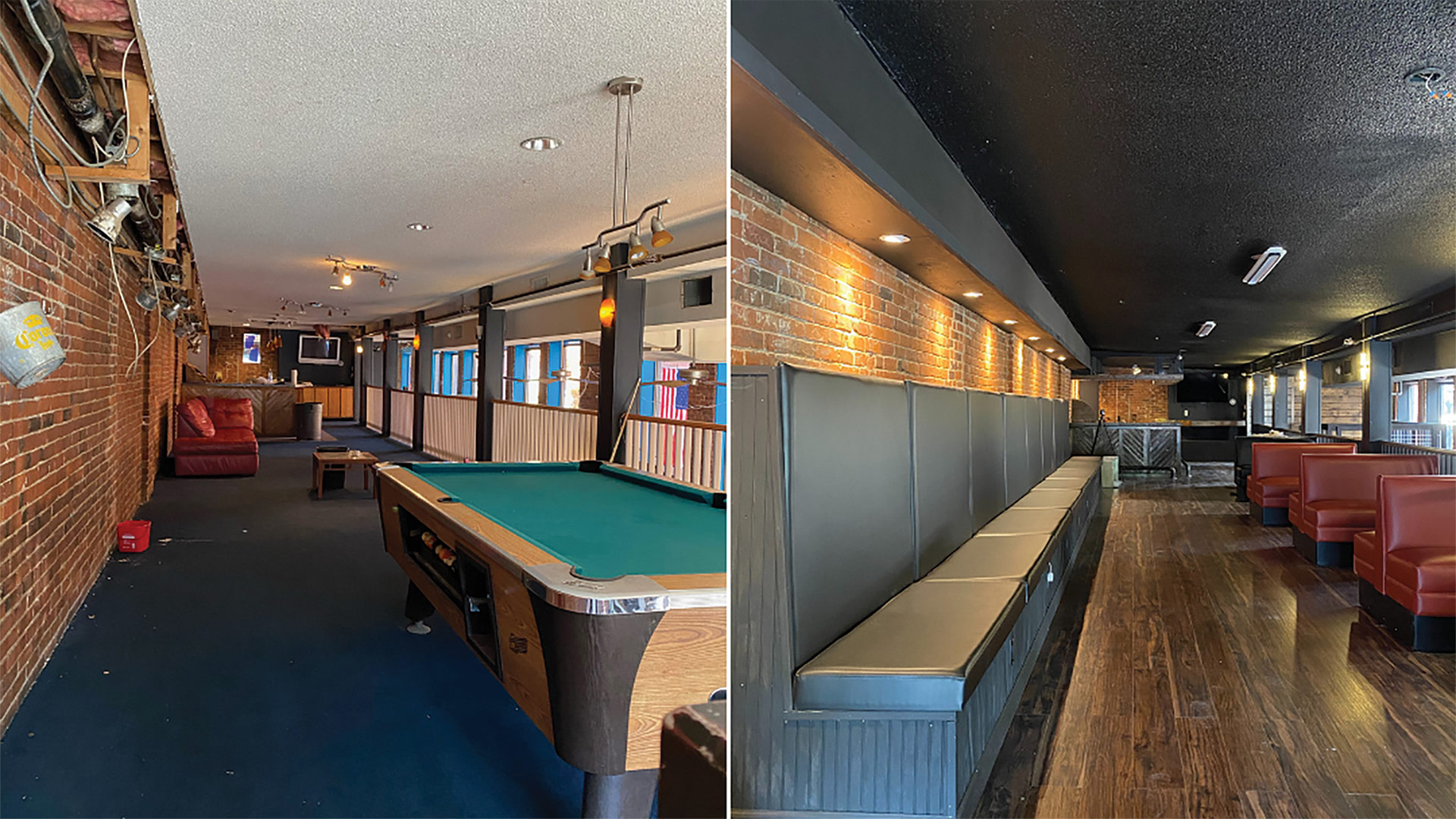
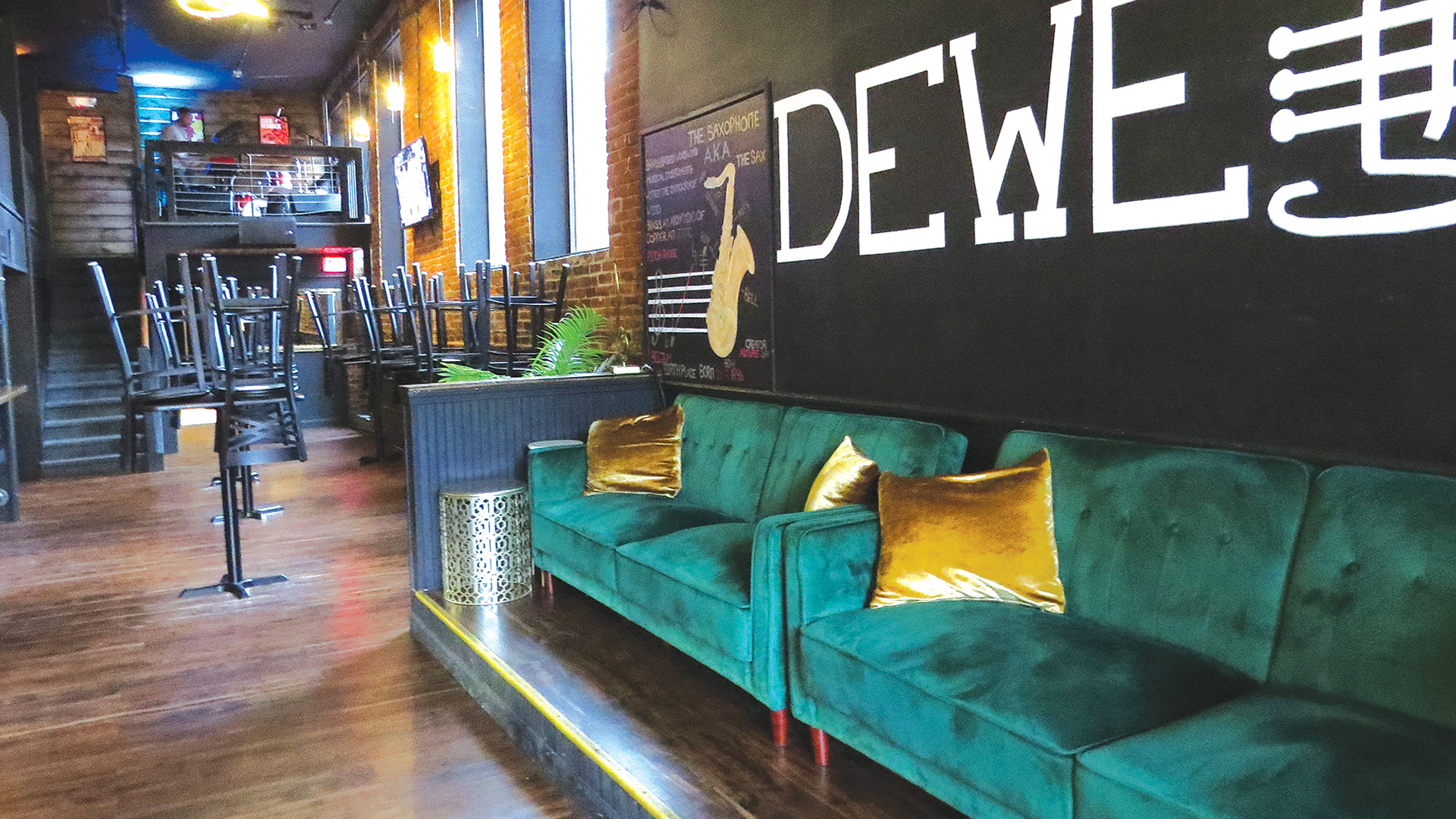
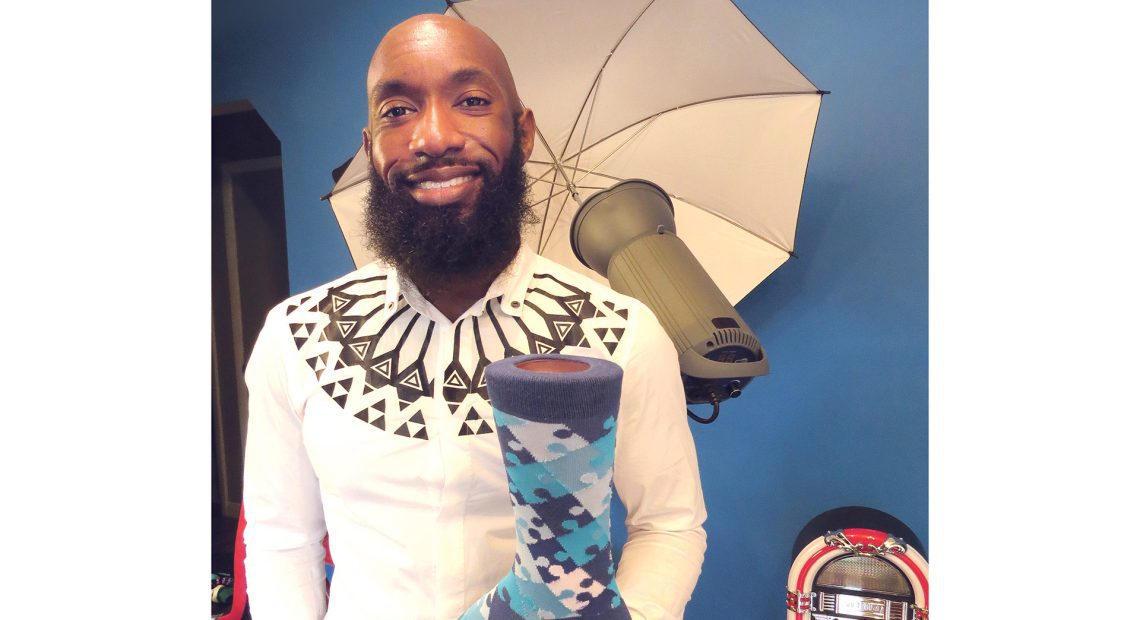
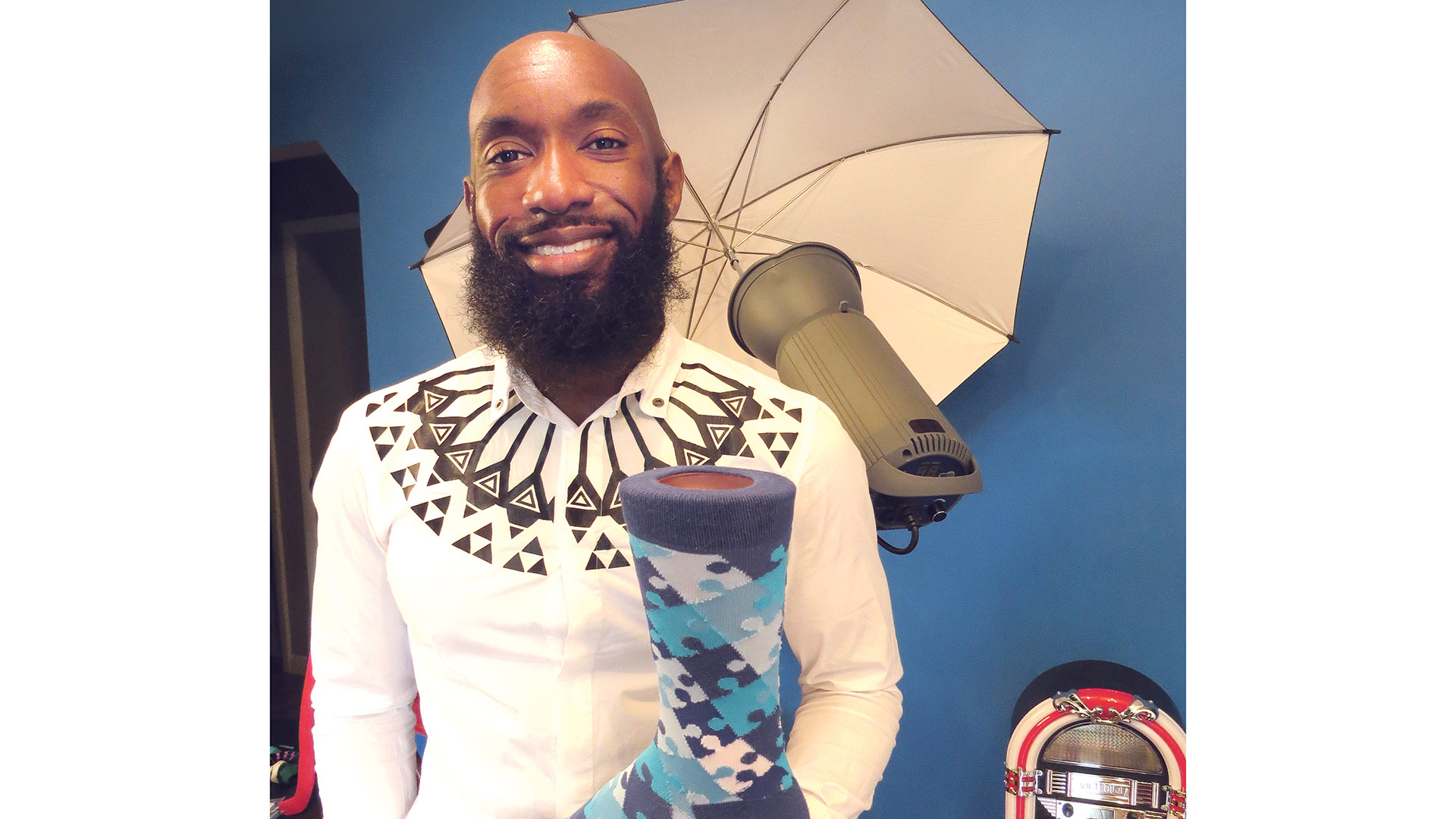
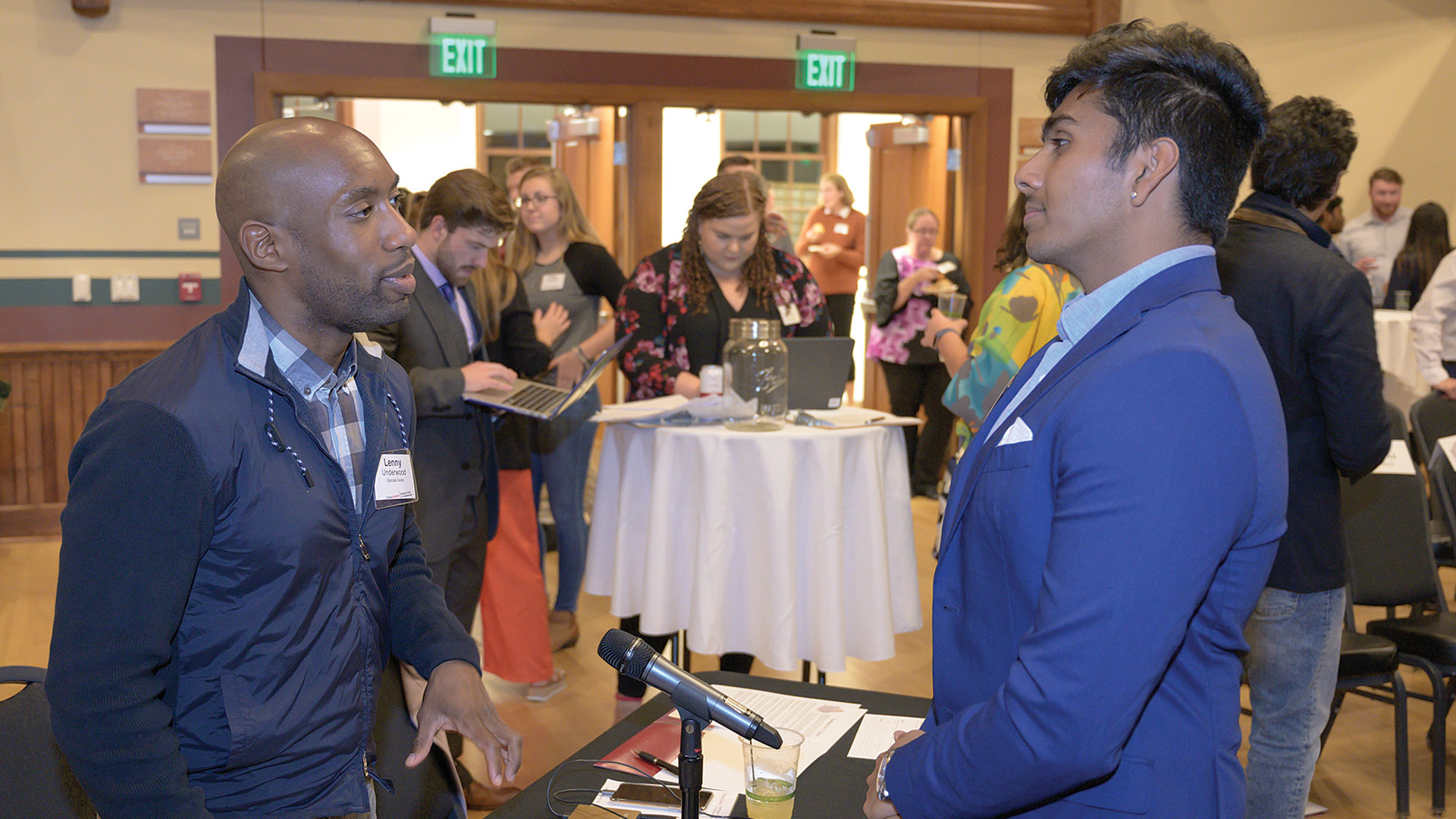

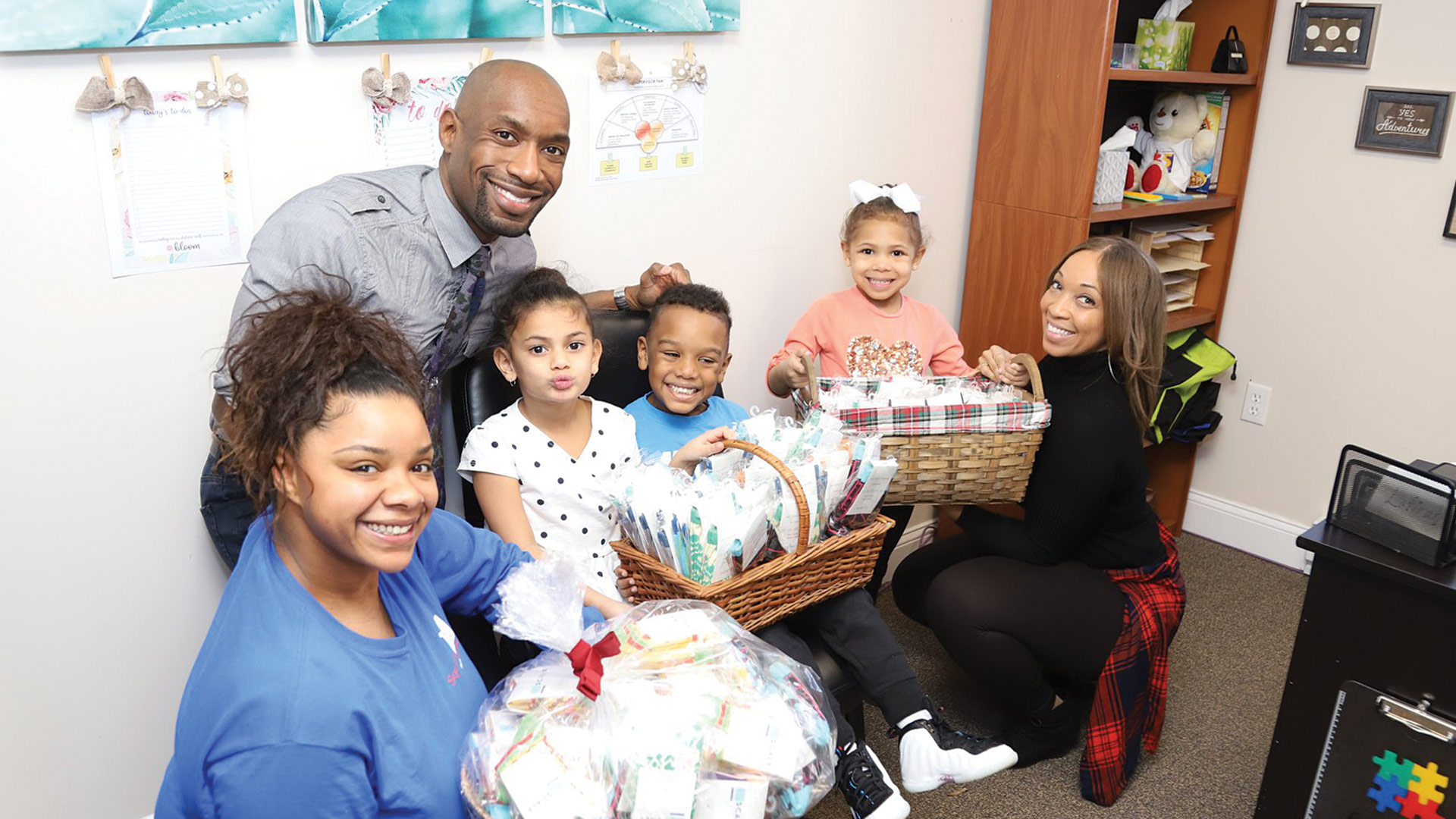
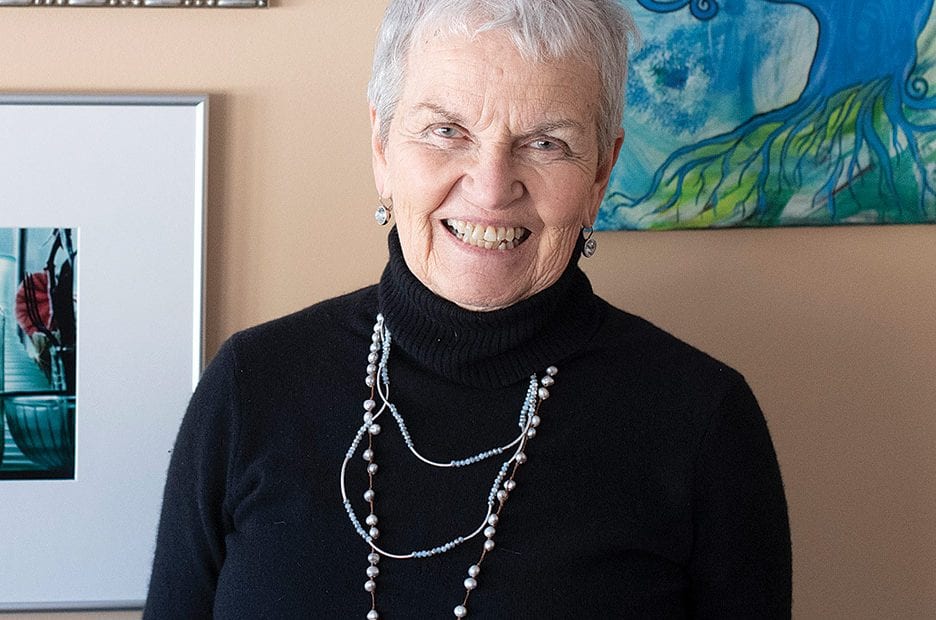
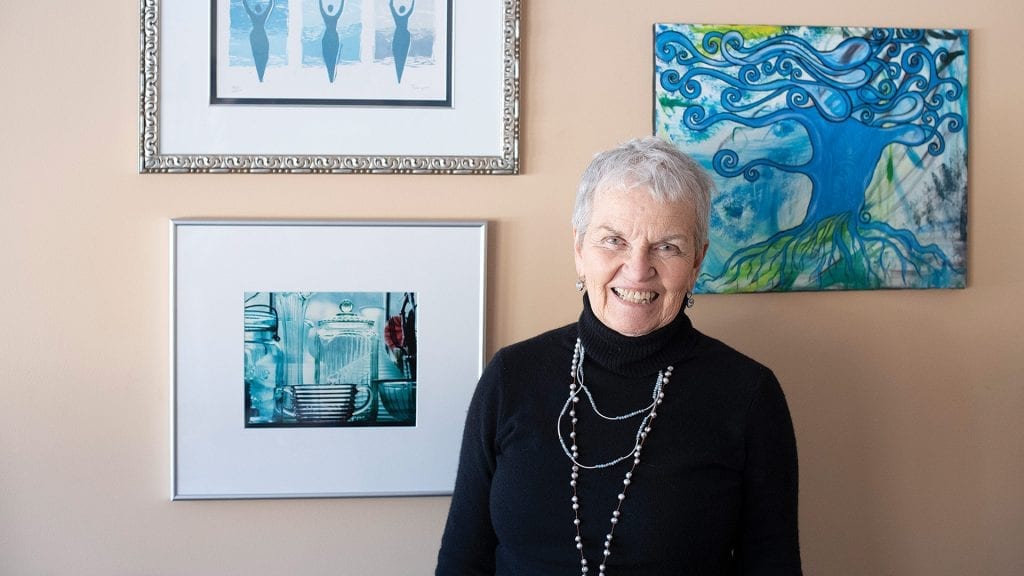
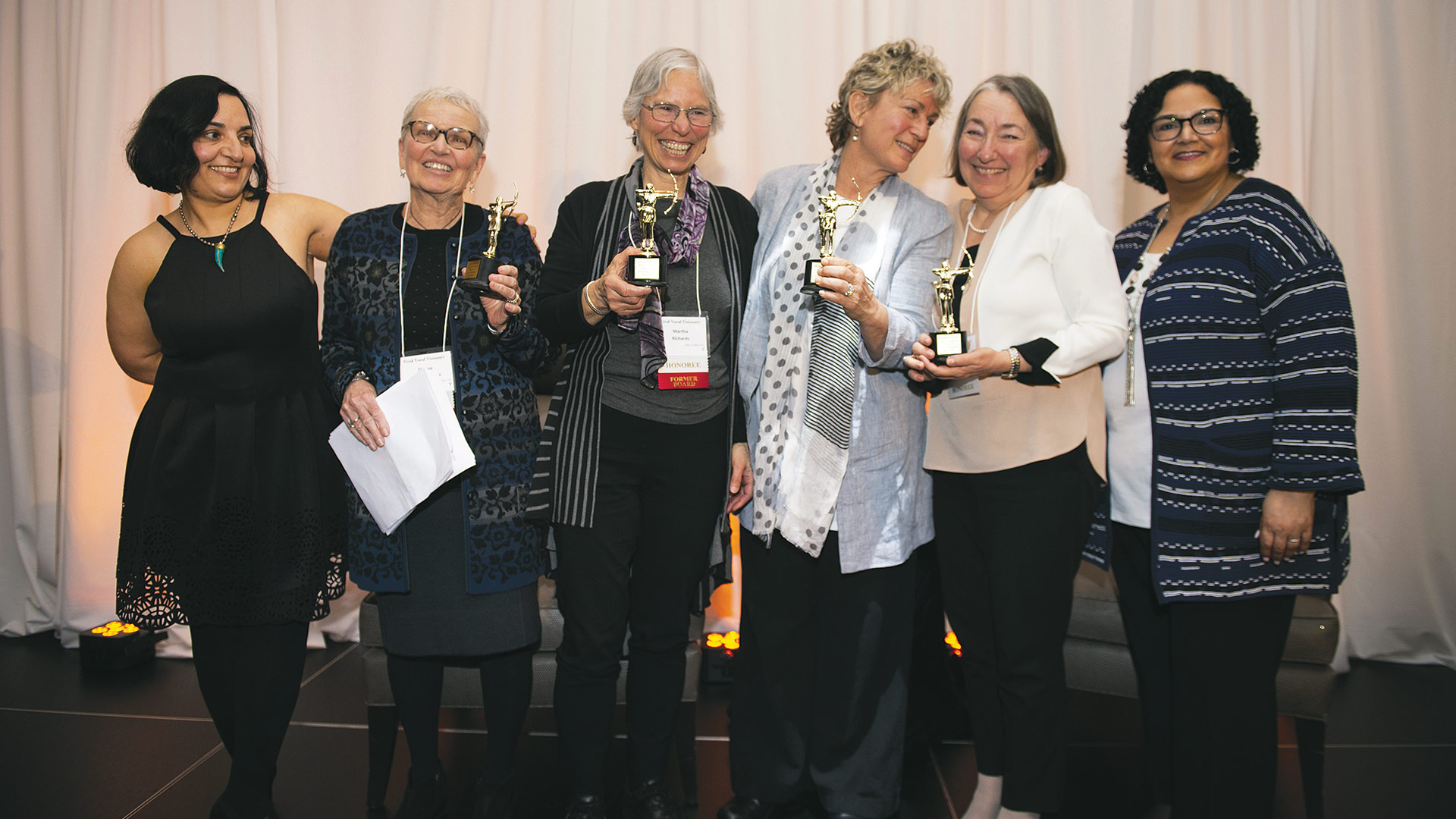
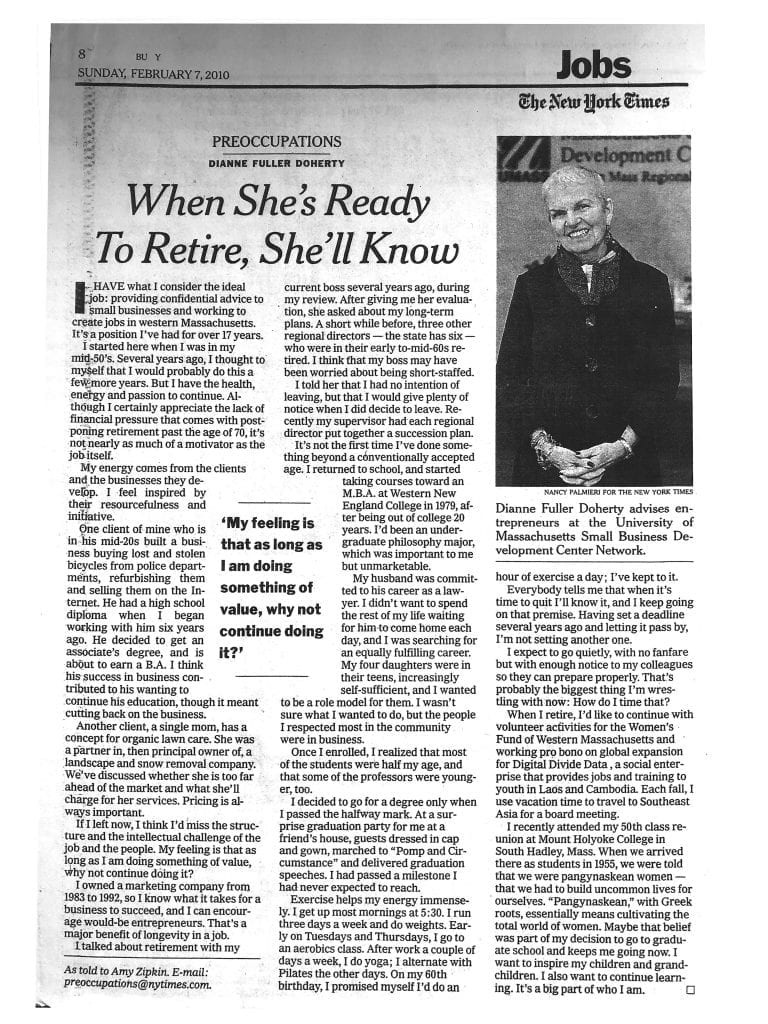
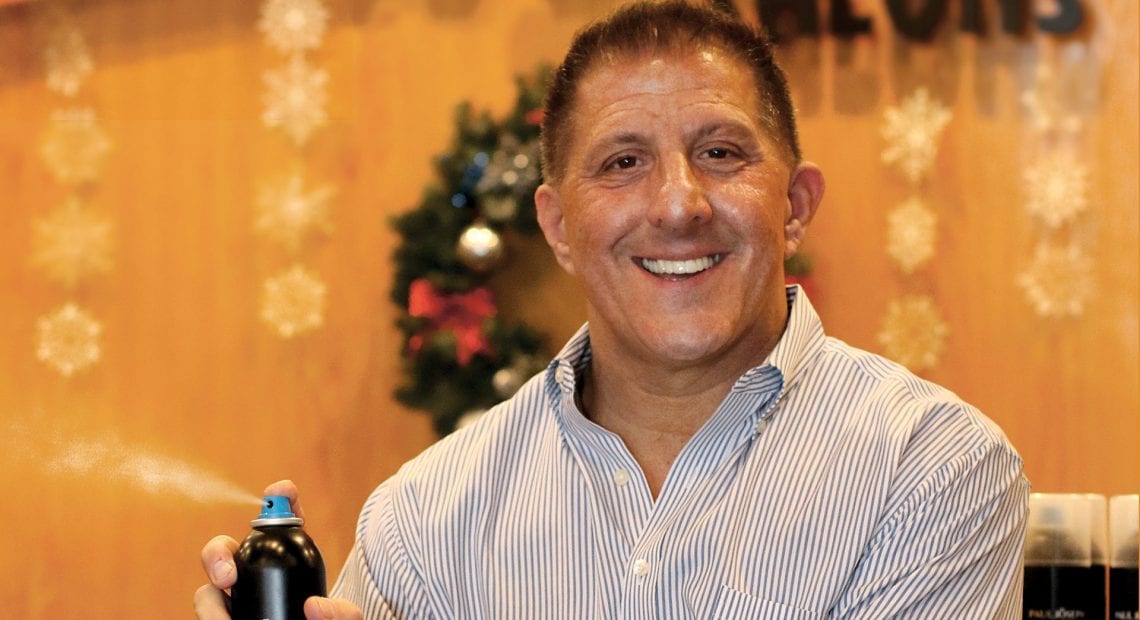
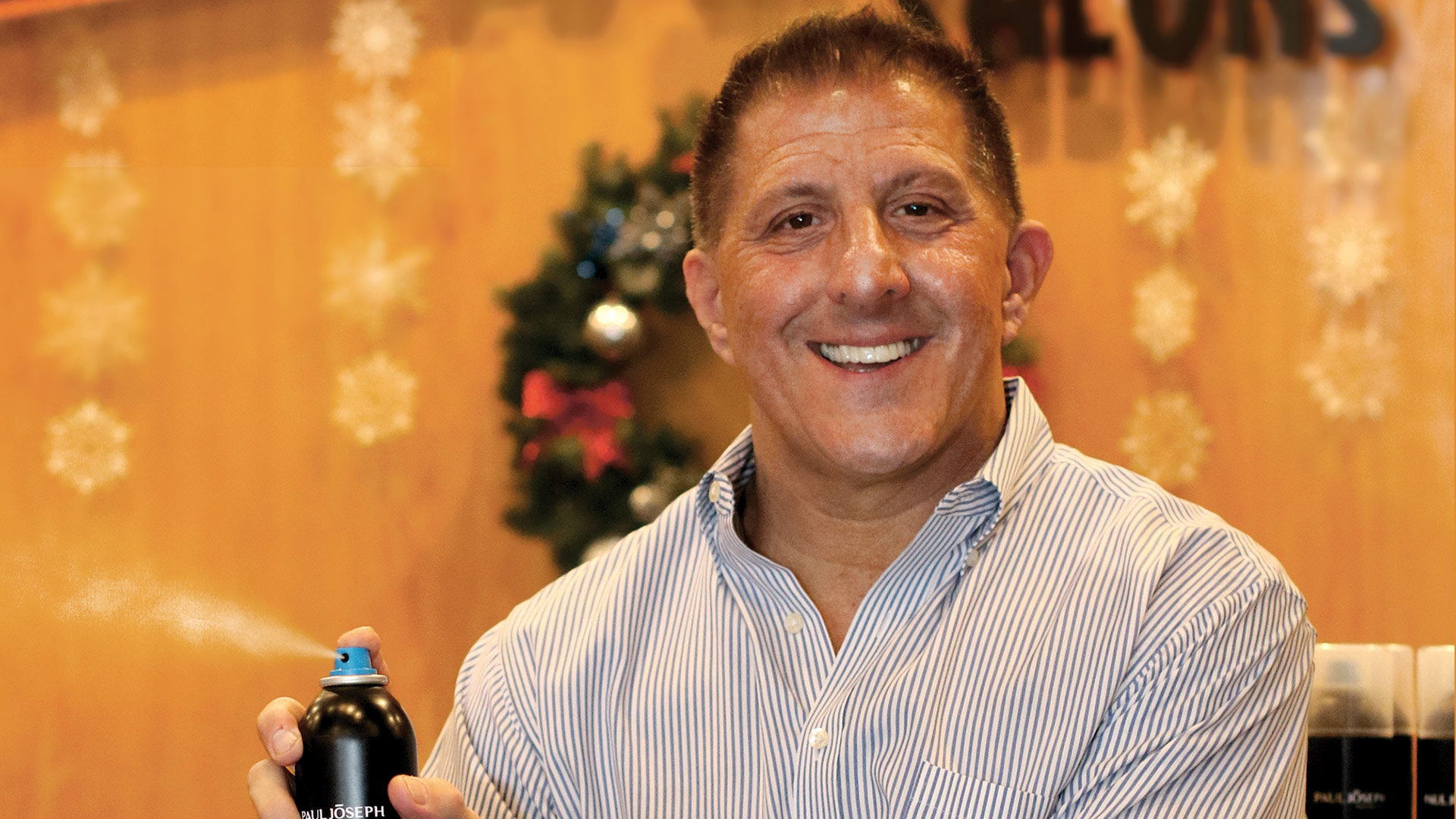 More than 30 years ago, Paul DiGrigoli made it a goal to put his name on a line of hair-care products. It took nearly three decades to realize that dream, but ultimately it took more than time. It required him to step back from his business — or ‘away from the chair,’ as he put it — and attain the time and flexibility to fully flex his entrepreneurial muscles. There’s a lesson here, and he imparts it upon the many audiences who hear his motivational and hair-industry-focused speeches.
More than 30 years ago, Paul DiGrigoli made it a goal to put his name on a line of hair-care products. It took nearly three decades to realize that dream, but ultimately it took more than time. It required him to step back from his business — or ‘away from the chair,’ as he put it — and attain the time and flexibility to fully flex his entrepreneurial muscles. There’s a lesson here, and he imparts it upon the many audiences who hear his motivational and hair-industry-focused speeches.